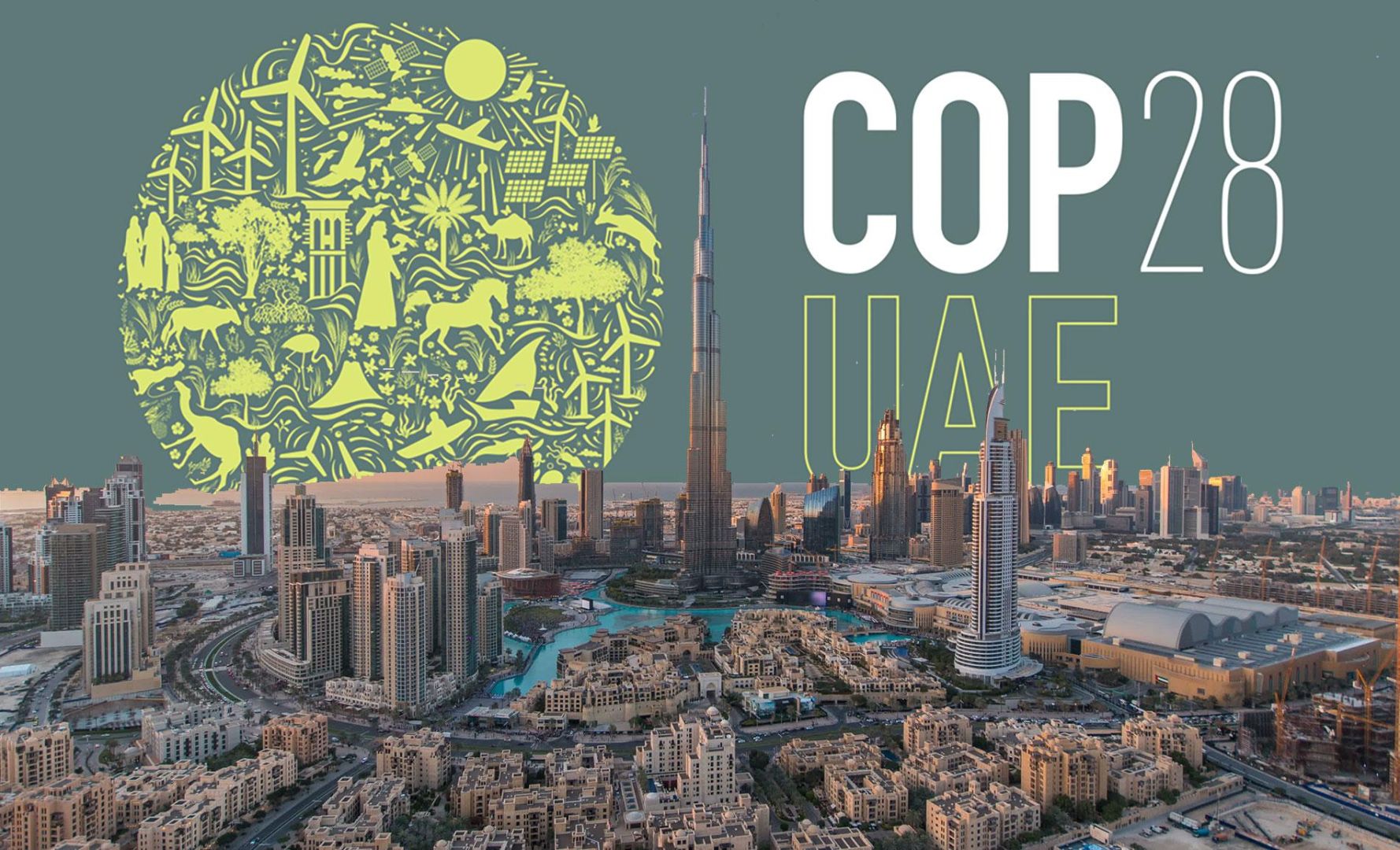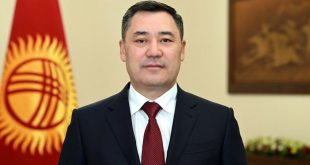
Being one of the main factors affecting surroundings, humankind has tried to adapt the environment according to its needs throughout history. Even in pre-historic times, as humankind spread from Africa to other continents, many local animals and even plants started to go extinct in places where humankind stepped upon them. Later, it impacted the environment by domesticating animals and plants. However, human activity affecting the environment soared after industrialization and reached such an extent that nature commenced threatening humankind itself.
Comprehending the real danger, every year the leaders of countries throughout the world have come together to determine, identify, assess, and cope with climate issues since the Rio Summit in 1992, which is dubbed the COP (Conference of the Parties). Under the 1992 United Nations Framework Convention on Climate Change, countries around the world try to find ways to reduce greenhouse gas emissions globally. In COP21, which was held in Paris, it was determined to limit the global temperature increase to 1.5C above pre-industrial levels by 2100 and to act to adapt to the already existing effects of climate change.
This year, Dubai is holding COP28. As usual, more than 100 heads of state and government, as well as about 100,000 representatives, are expected to attend the said event to identify the climate risks stemming from human actions and to discuss how to cope with them.
Azerbaijan is also participating in COP28 with a large delegation and will discuss and inform the world community about its achievements in the fields of ecology and climate.
It is worth noting that after ratifying the UN Framework Convention on Climate Change in 1995, Azerbaijan joined international efforts to mitigate the negative effects of global climate change.
In accordance with Article 12 of the UN Framework Convention on Climate Change, as a (developing) country not included in Annex 1 of the Convention, Azerbaijan submits a report on its emissions to the Secretariat of the Convention every four years.
In addition to the Convention, the Republic of Azerbaijan ratified the Paris Agreement in 2016 and set a goal of a 35% reduction in greenhouse gas emissions by 2030 compared to the base year (1990) as its contribution to initiatives to mitigate the effects of global climate change.
Increasing the share of renewable energy sources in electricity production to 24% by 2026 and to 30% by 2030 is envisaged in the “Socio-economic Development Strategy of the Republic of Azerbaijan for 2022-2026”.
Azerbaijan will be represented for the first time with its own pavilion at the said event. In the pavilion built on an area of 254 m2, it is planned to hold parallel meetings (side events) and seminars with various local, regional, and international organisations, in addition to the display of virtual exhibits that reflect the work done by our country in the field of combating climate change, mitigation, and adaptation measures.
Azerbaijan has many things to demonstrate to the world in decarbonization as examples. The green energy concept of Azerbaijan ranks first. So to say, the green energy concept is Azerbaijan’s source of pride. As is known, Azerbaijan is a country of fossil fuels, with one-third of its GDP accounted for oil and gas and 90 percent of its exports comprised of energy. Despite being rich in oil and gas reserves, Azerbaijan pays special attention to the development of the renewable energy sector and will become an exporter of green and hydrogen energy in the near future. The country intends to ensure 30 percent of its electricity from renewable sources by 2030. Azerbaijan has 200 GW of electricity potential, and the country aims to turn 25 GW of this potential into electricity in the coming years. Azerbaijan intends to export 5 GW of electricity to Europe by 2030. A total of 4 GW will be exported under the Black Sea, and one GW will be exported from Nakhchivan through Turkiye.
For this purpose, Azerbaijan signed contracts with the leading green energy companies in the world, such as Masdar, ACWA Power, Fortescue, bp etc, to construct power plants.
Note that in October of this year, the 230-megawatt Garadagh Solar Power Station built by the Masdar company was inaugurated in Azerbaijan. It is the largest solar power plant in the Caspian Sea and the Caucasus region.
Besides, on May 18, 2021, President Ilham Aliyev, who met with public representatives in Agdam, declared that the entire Garabagh zone will be a “green energy” zone. In Garabagh and Eastern Zangazur, 170 megawatt hydroelectric power stations were put into use in 2021-2023. By the end of 2024, this number will reach 270 megawatts. In a few years, the total capacity of hydroelectric power stations in the territories liberated from Armenian occupation will be 500 megawatts.
No doubt that the more electricity or energy generated from renewable sources, the safer the world will be.
 Oval Useful news from Azerbaijan and Caucasus
Oval Useful news from Azerbaijan and Caucasus


